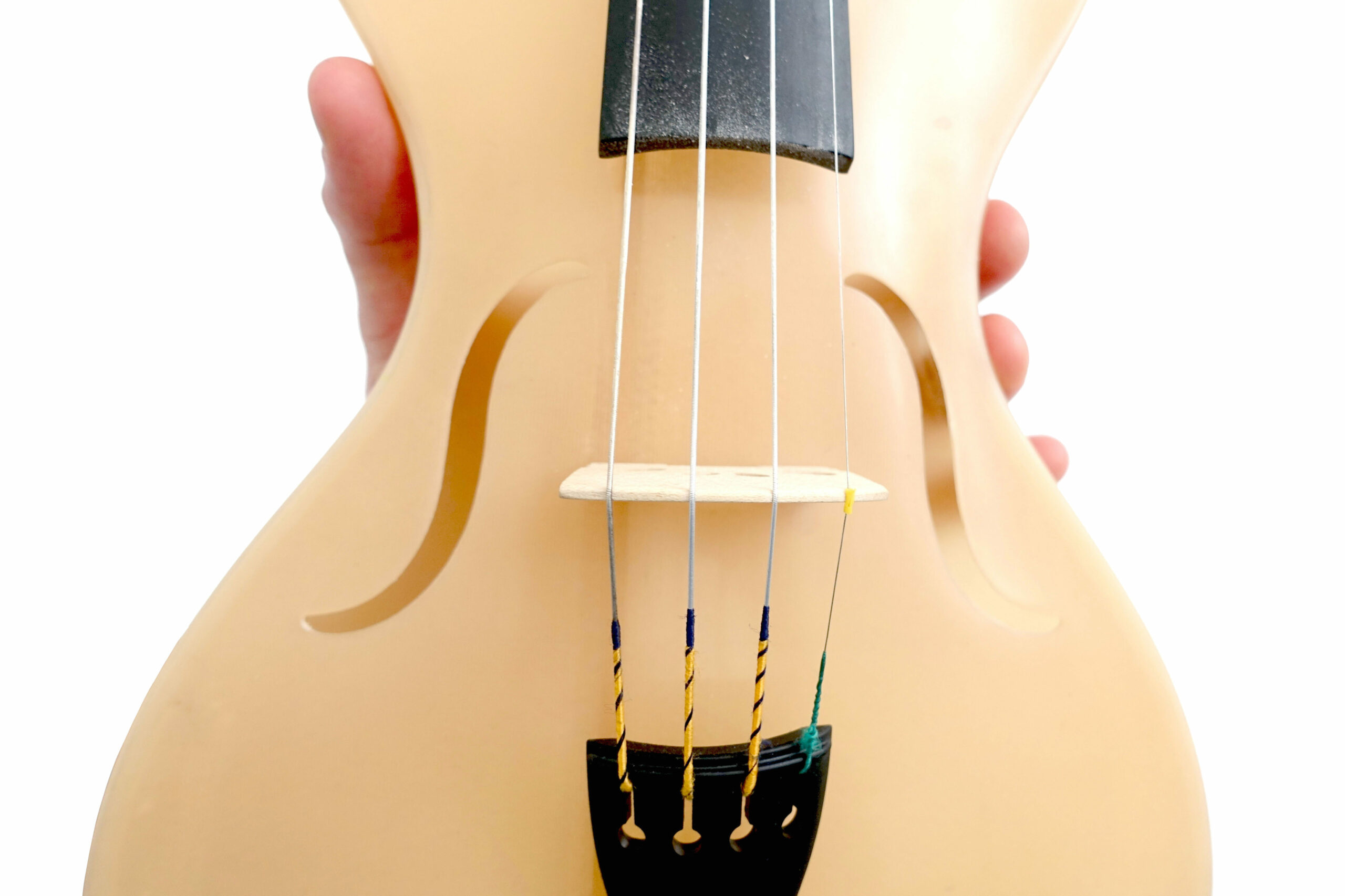ArsMinerva takes “THE AMAZONS IN THE FORTUNATE ISLES”, composed by Carlo Pallavicino in 1679, on stage thanks to a world premiere at the Marines’ Memorial Theater in San Francisco on May 21st and 22th.
While Pallavicino’s Opera takes place in the legendary Fortunates Isles located in the Atlantic Ocean, a winterless earthly paradise inhabited by the heroes of Greek mythology, the Amazons migrated to the Fortunate Isles, but one day, a moorish corsair shipwrecked on the shore …and everything changed. We talked to Celine Ricci, Founder and Artistic Director of Ars Minerva.
Celine, could you tell us a bit more of the opera “THE AMAZONS IN THE FORTUNATE ISLES”?
One of the most popular subjects for Venetian opera was the Amazon women. Between 1650 and 1730, nearly 120 opera libretti included the Amazons. The Amazzoni nelly Isole Fortunate follows a fascinating plot arch. Shipwrecked on the Amazon’s island, Numidio – a captain in the Sultan’s army and enemy of the warrior women – seems to falls in love with Florinda. At the same time Pulcheria, the princess of the Amazons, falls in love with Numidio. By the standards of the day, Numidio is an effeminate captain: he cannot decide who to love or what to do. At the same time, there is an extremely interesting wrinkle to the plot. Auralba, another Amazon warrior, is in love with Florinda. She sings of her love while Florinda sleeps. Murderously jealous of Numidio, Auralba is the one who nearly executes him. In the end, the Sultan and his army invade the Amazon’s island and Pulcheria’s plan to repel their attack fails….
Why did you choose this one?
Ars Minerva’s main mission is to revive forgotten operas and forgotten or rarely performed music. Written by Carlo Pallavicino, The Amazons in the Fortunate Isles has not been performed since its premiere in 1679 and I believe that it is not only a beautiful piece, but also a great testimonial of the past.
Pallavicino composed more than twenty operas and was very active and successful in Venice from 1666 to 1687. In 1678 he inaugurated the San Giovanni e Grisostomo theater, today Teatro Malibran, with Il Vespasiano. Because of his success, Venice procurator Marco Contarini asked him to compose The Amazons in the Fortunate Isles for the inauguration of his own theater Il Teatro delle Vergini. It is said in the French Gazette, Le Mercure Galant (1680), that The Amazons was a great success.
Last year we revived La Cleopatra, composed by Daniele da Castrovillari in 1662 and never played since. The music was gorgeous and the plot surprisingly twisted. It was definitely an interesting experience for us and for the public as well. With the Amazons in the Fortunate Isles it is a new adventure full of surprises.
Last year, we talked about Cleopatra, a forgotten Venetian opera originally written for the Carnival. Is this year’s opera related to it?
The Amazons wasn’t staged for a popular audience. It was commissioned by the wealthy Marco Contarini to inaugurate his opulent Villa in Piazzola, where it was staged just once for an audience of invited Venetian bigshots. It was probably intended to boost Contarini’s ambitions to become Doge. The production involved at least 300 actors—100 Amazons, 100 men disguised as Moors, 50 horsemen, plus of course the singers and instrumentalists.
Which is the main reaction or feedback from the local audience?
Last year, for Cleopatra, the audience followed the plot with great interest. People told me they weren’t expecting to laugh so much and to relate that much to a 17th century opera.
What is the future of Italian Opera?
I think that in the years to come we’ll see many revivals of early Italian operas, there is really an infatuation for it, therefore I think that early Italian operas has a pretty nice future.
Why is important to propose unknown or less known operas?
I am a baroque singer who has sung in several revivals and performed and recorded rare music. I have always been fascinated by the process of reviving forgotten music. Beyond the music it is also a human adventure that links us through centuries, and the more we revive, the more we learn about ourselves. With Ars Minerva I wanted to deeply explore the process of bringing back to life music and share the beauty of this with the public. I have always liked to think that nothing ever really dies or disappears. And I like to fight for this, connecting with the past, and bringing it back.
Ars Minerva will not only do revivals in the future but this will certainly remain a major mission for us.
Do you have an idea of which opera you will be working next?
We have several options and we are still choosing…
Info on tickets at http://www.arsminerva.org





























